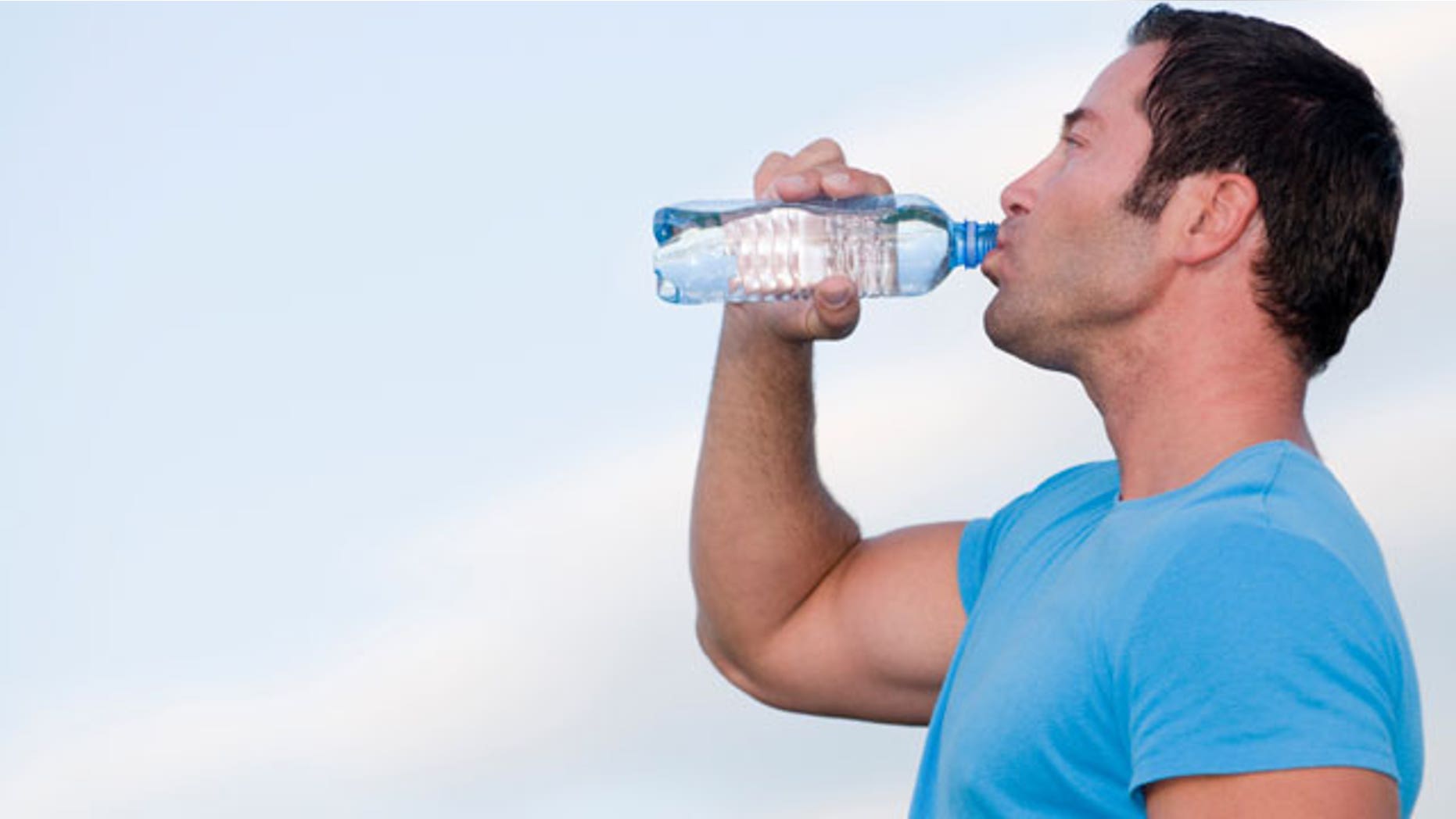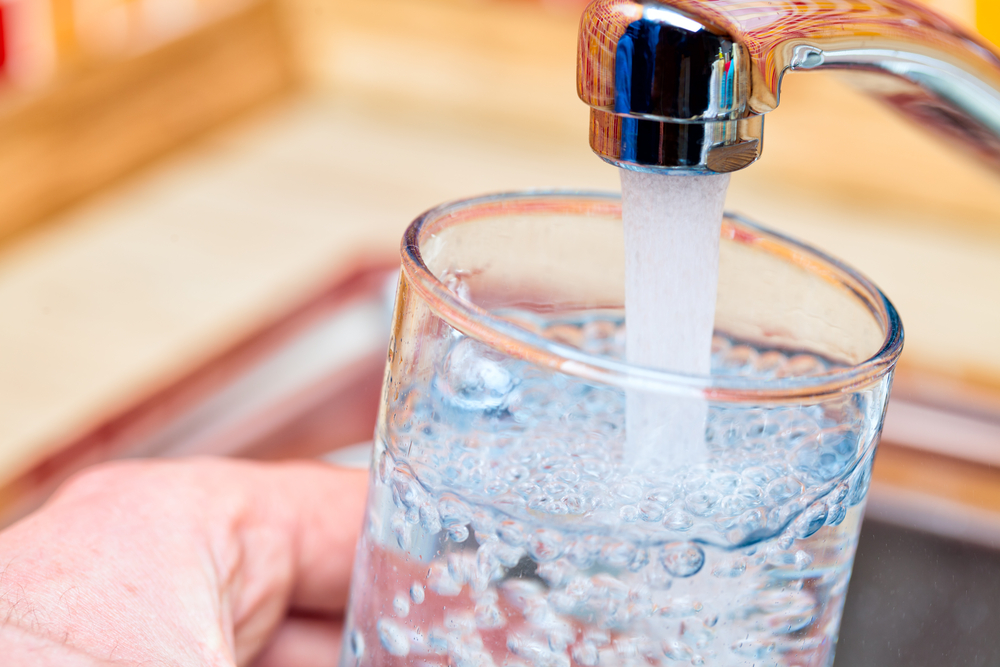Carbonated water (also known as soda water, glowing water, fizzy water, water as soon as gas or (especially in the U.S.) as seltzer or seltzer water) is water containing dissolved carbon dioxide gas, either artificially injected below pressure or taking place due to natural geological processes. Carbonation causes small bubbles to form, giving the water an effervescent quality. Common forms add up sparkling natural mineral water, club soda, and commercially-produced sparkling water.
Club soda and sparkling mineral water and some extra glowing waters contain bonus or dissolved minerals such as potassium bicarbonate, sodium bicarbonate, sodium citrate, or potassium sulfate. These occur naturally in some mineral waters but are in addition to commonly added artificially to manufactured waters to mimic a natural song profile. Various carbonated waters are sold in bottles and cans, next some plus produced upon request by trailer carbonation systems in bars and restaurants, or made at house using a carbon dioxide cartridge.
Carbonated water is a key ingredient in soft drinks: cute beverages that typically consist of carbonated water, a sweetener and a flavoring, such as cola, root beer, or yellow soda. Plain carbonated water is often consumed as an interchange to soft drinks; some brands, such as La Croix, develop unsweetened seltzer products that are lightly flavored by the auxiliary of aromatic ingredients such as critical oils. Carbonated water is often consumed infected once fruit juice to make sparkling punches or new cocktails, or infused in imitation of tune by the adjunct of cut-up vivacious fruit or mint leaves.
Is it OK to drink the old water in your water bottle? Fox News
Can You Drink Distilled Water?
If You're Drinking Tap Water, You're Consuming Pollutants

:max_bytes(150000):strip_icc()/WaterBottle-58dd39845f9b584683cbd554.jpg)

No comments:
Post a Comment